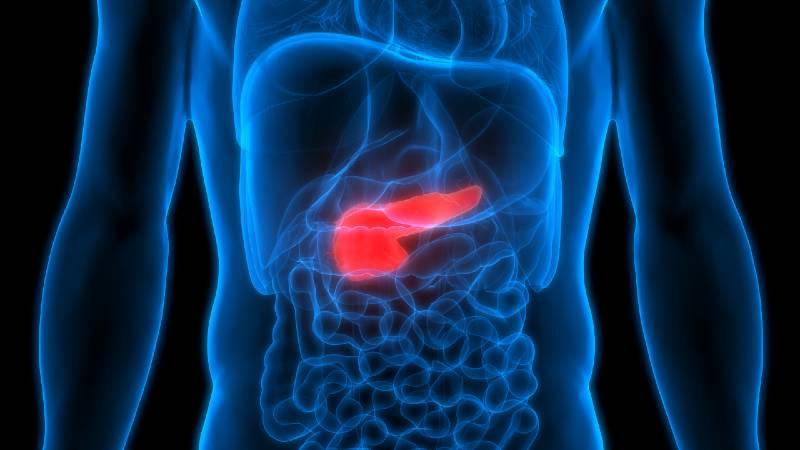Researchers in the School of Life Sciences have identified how enzymes that cause changes in proteins may be targeted for the treatment of pancreatic cancer.

Pancreatic ductal adenocarcinoma (PDAC) is a major cause of cancer-associated deaths globally and is highly metastatic which means it can spread around the body. Currently, treatment for PDAC is limited and the disease is often diagnosed only at late stages so it is important to identify new pathways for early diagnosis and treatment.
The team identified that a group of enzymes called peptidylarginine deiminases (PADs), which cause specific protein modifications that can result in proteins changing their original function and are associated with cancers and chronic disease, can be targeted by specific drugs which inhibit their function.
The PAD inhibitors significantly reduced the levels of aggressiveness of the cancer cells. In addition, the PAD inhibitor treatment changed the signatures of extracellular vesicles, which are small lipid blebs released from cells and play important roles in the spread of cancer.
The team further identified that specific small genetic components called microRNAs, which are transported inside the vesicles and play major roles in cancer regulation, were changed to a more anti-cancerous signature in response to the PAD inhibitor treatment.
This is the first study to assess the specific effects of different PAD enzyme forms and to test a range of PAD inhibiting drugs in PDAC.
The study, led by Dr Sigrun Lange and Dr Pinar Uysal-Onganer, also involved two first year PhD research students, Stefania D’Alessio and Maria Mortoglou, and a collaborator from the Open University.
Dr Sigrun Lange, Reader in Molecular Pathology, said: “Our findings highlight that we have identified selective PADs as important contributors to the notorious aggressiveness of PDAC, including effects on proteins relating to cancer invasion and changes in extracellular vesicle signatures. There is still much to learn about the selectivity of the different PAD forms in different types of cancer, and the roles in PDAC have never been studied before. The application of tailored PAD-selective inhibition could therefore be a new strategy to target PDAC for personalised approaches.”
Dr Pinar Uysal-Onganer, Senior Lecturer in Molecular Biology, added: “microRNAs are small genetic material that play important roles in cellular signalling and can have major impact on disease progression, including cancers. We identified key microRNAs involved in PDAC aggressiveness and prognosis and they were modified in response to selected PAD inhibitors. More importantly, these PAD inhibitors led to a significant reduction in cancer-contributing microRNAs but increase in anti-cancerous microRNAs”.
The study was published in the International Journal of Molecular Sciences.


